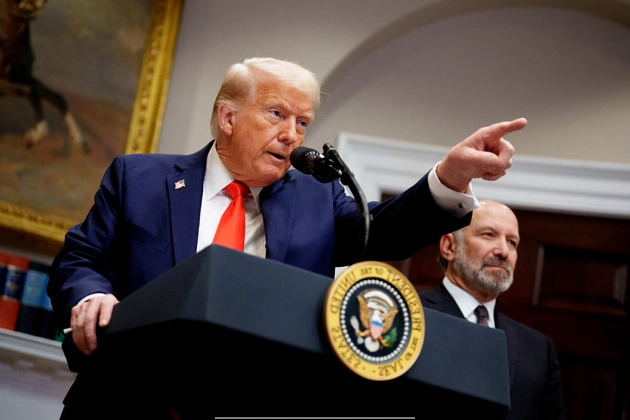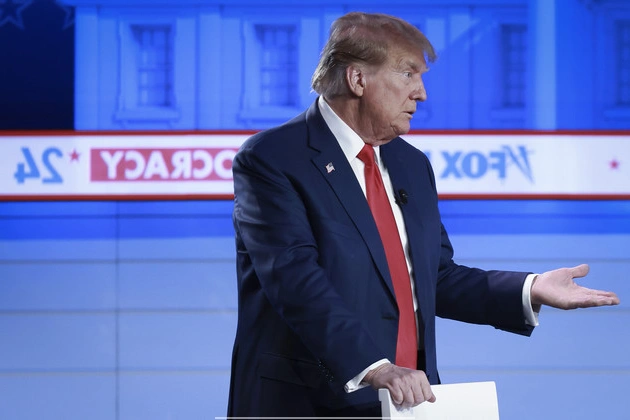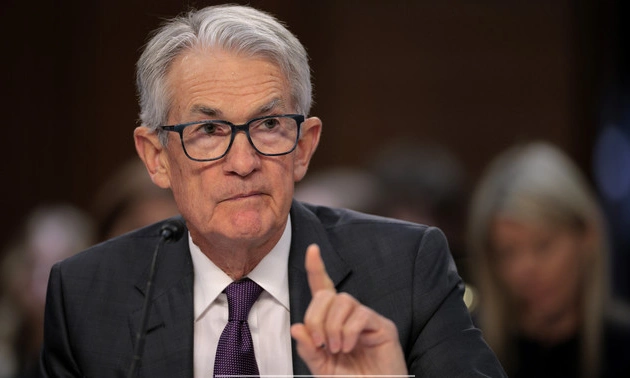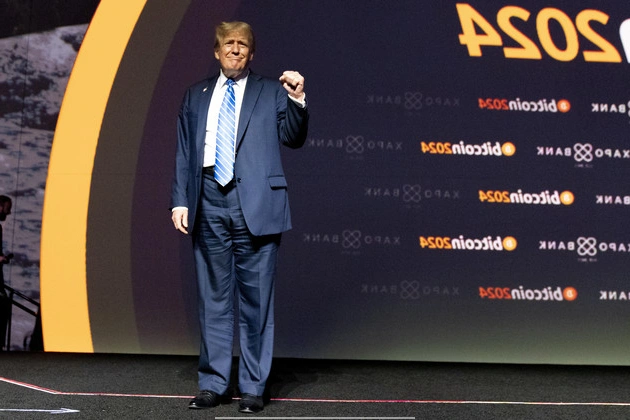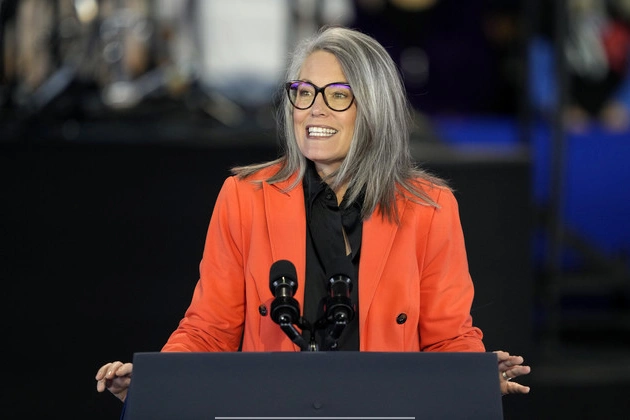
Democrats have shifted their focus to the economy, using it as a powerful tool to critique Trump’s policies and set the stage for the 2028 elections.
Party leaders across various states have been vocal about the rising costs of living, emphasizing the struggles of everyday Americans to make ends meet. Governors like Katie Hobbs, Wes Moore, and Ned Lamont have highlighted the impact of inflation and trade wars on the middle class, painting a bleak picture of the current economic landscape.
Strategic Messaging
While Democrats are careful not to directly name Trump in their speeches, they are skillfully connecting the GOP to the economic challenges faced by American households. This tactic mirrors the strategic shift Republicans made in 2009, demanding answers from the Obama administration on job creation.
The recent polls indicate a slight decline in Trump’s popularity, signaling growing concerns about the economy among Americans. Governors, especially those in red states, continue to criticize the system, attributing economic disparities to false promises and rigged policies.
Opportunistic Approach
For Democrats, this focus on economic issues is both strategic and reflective of voter sentiments. The party acknowledges the frustration many Americans feel about rising prices, a factor that heavily influenced the 2024 elections.
Governors like Gavin Newsom and JB Pritzker are leveraging their positions to address affordability crises and challenge federal policies. Newsom’s regional plans for economic revitalization and Pritzker’s vocal opposition to Trump’s administration demonstrate a unified Democratic stance on prioritizing the financial well-being of citizens.
Looking Ahead to 2028
As potential presidential contenders, these governors are setting the stage for the 2028 elections by highlighting the need for affordable living conditions and counteracting detrimental policies. Their efforts to connect with working-class Americans and offer tangible solutions reflect a shift towards a more economically focused political landscape.
By consistently addressing economic concerns and advocating for policy changes, Democrats aim to position themselves as the party of financial stability and progress, contrasting their approach with the policies of the current administration.







